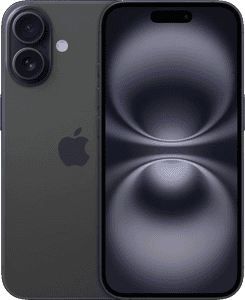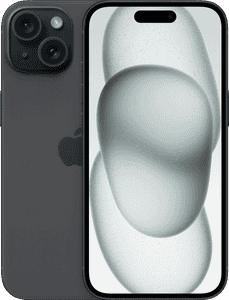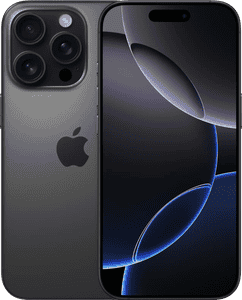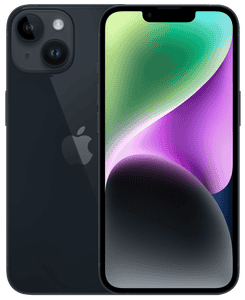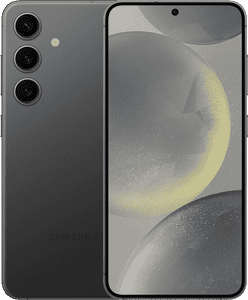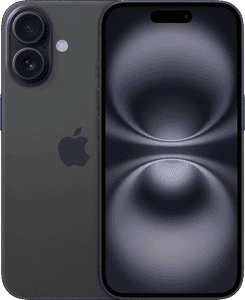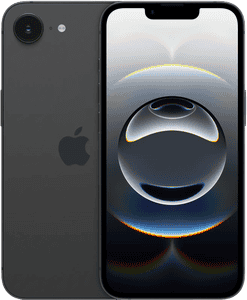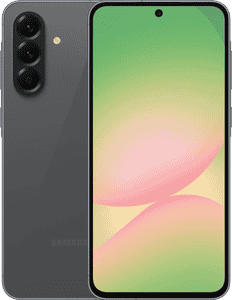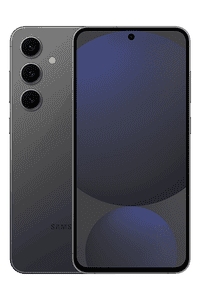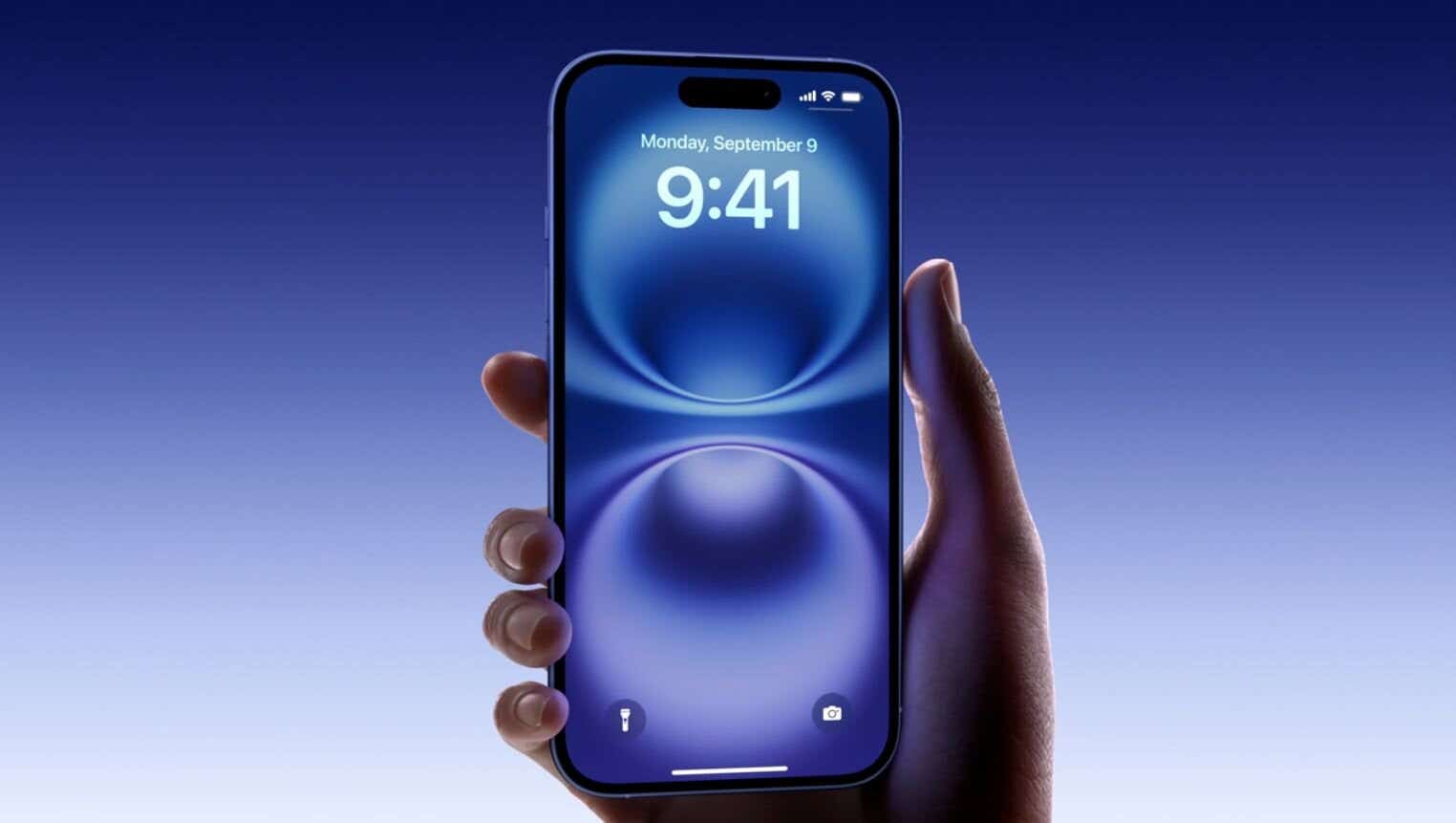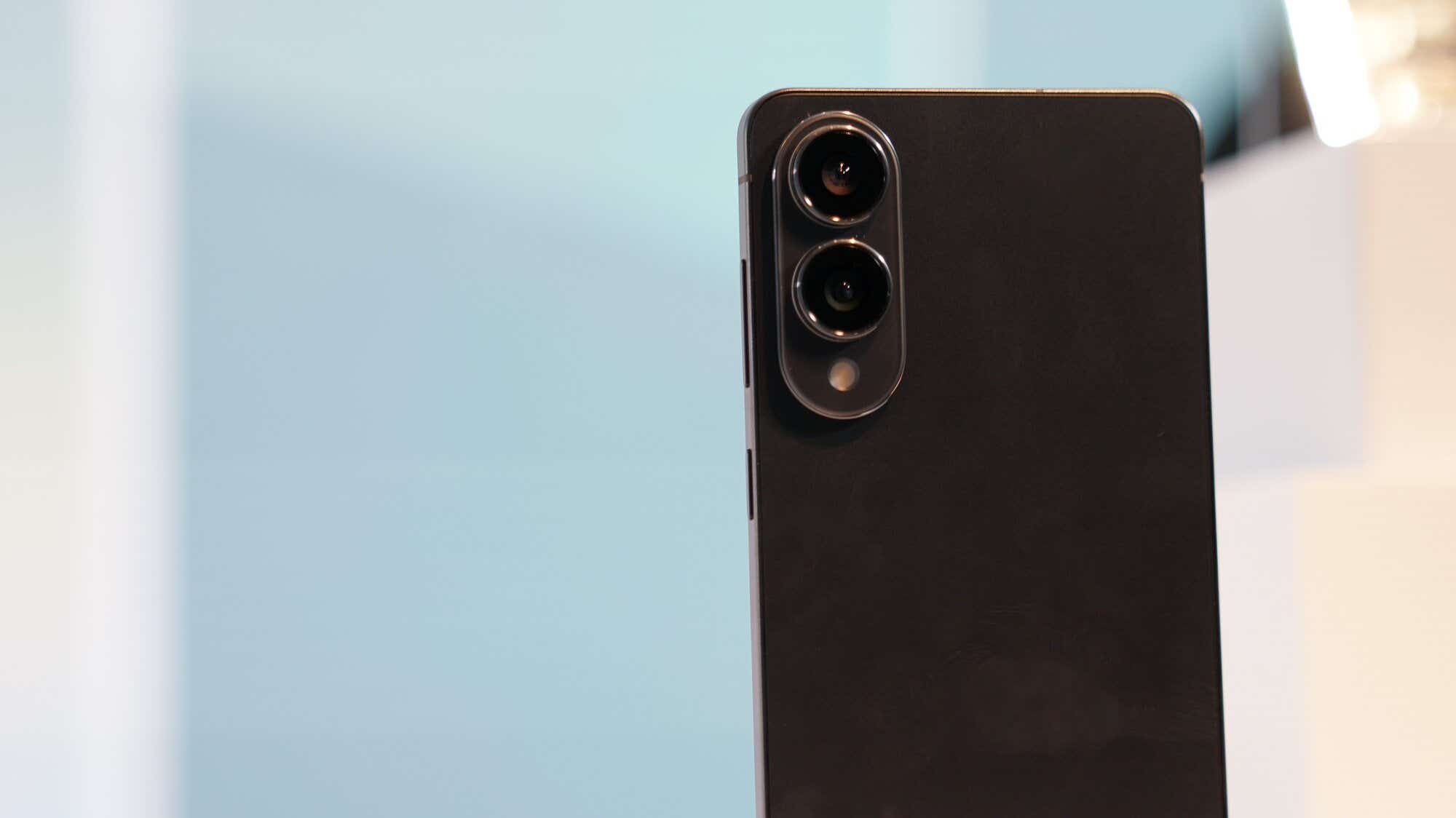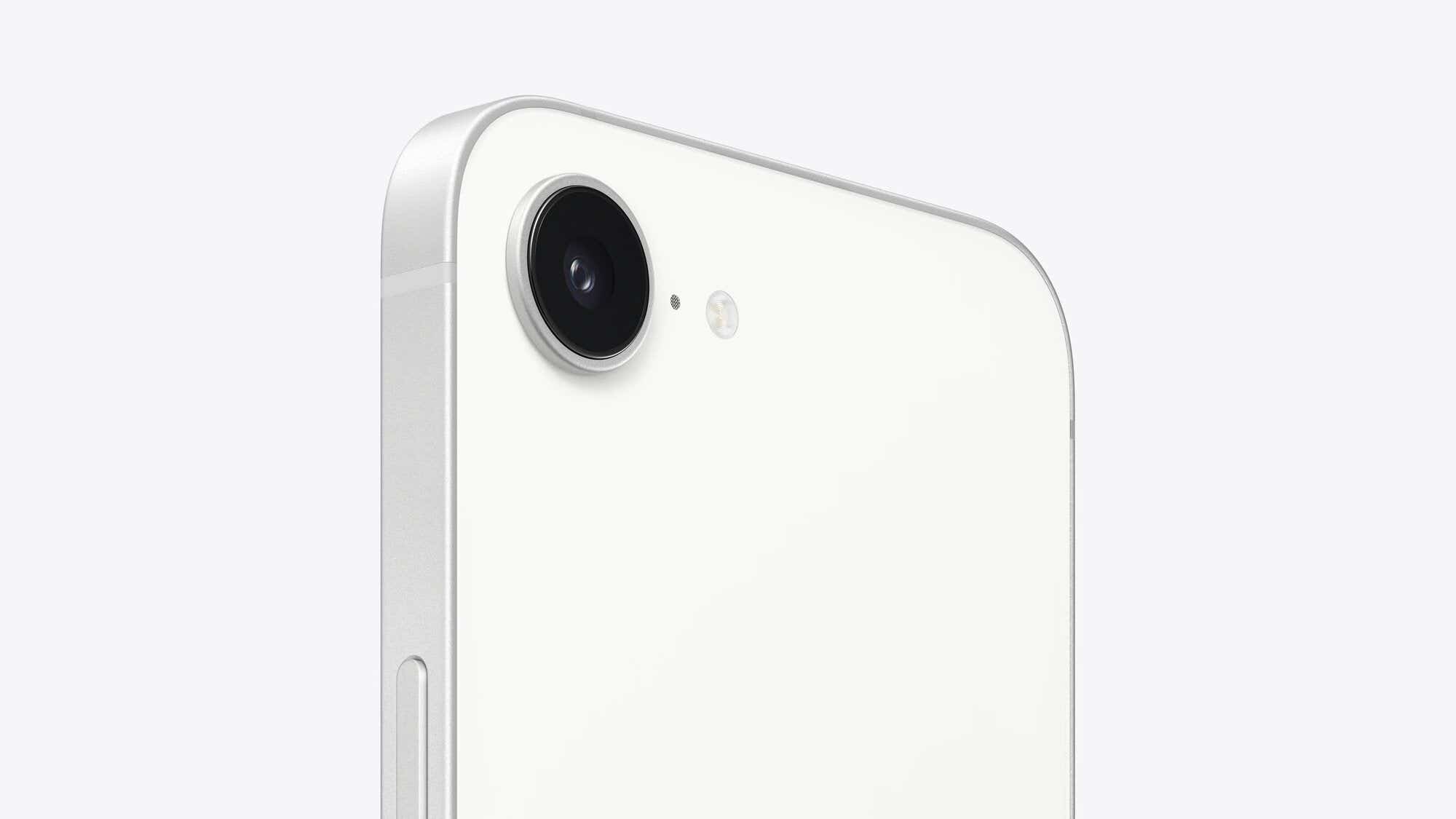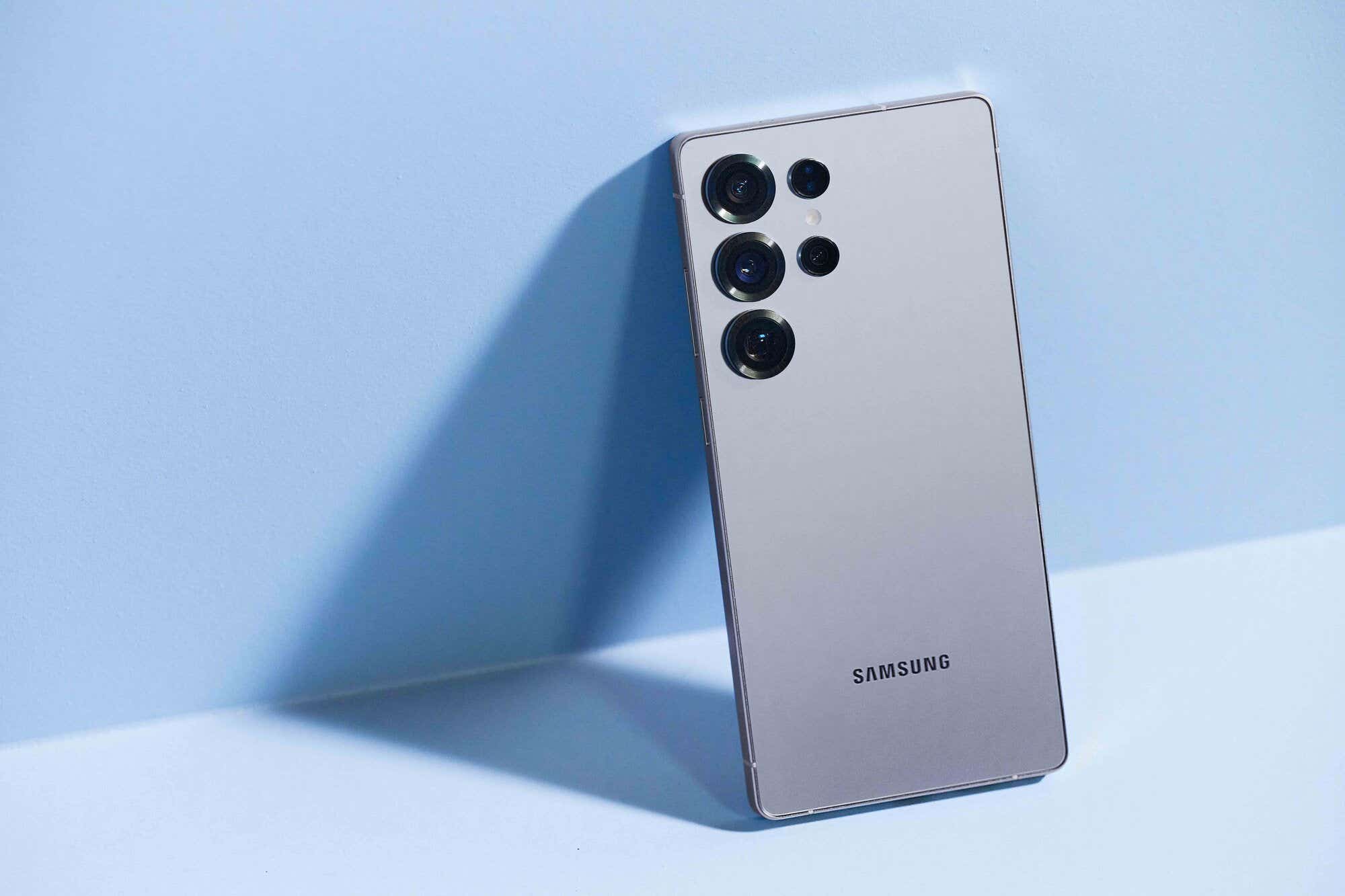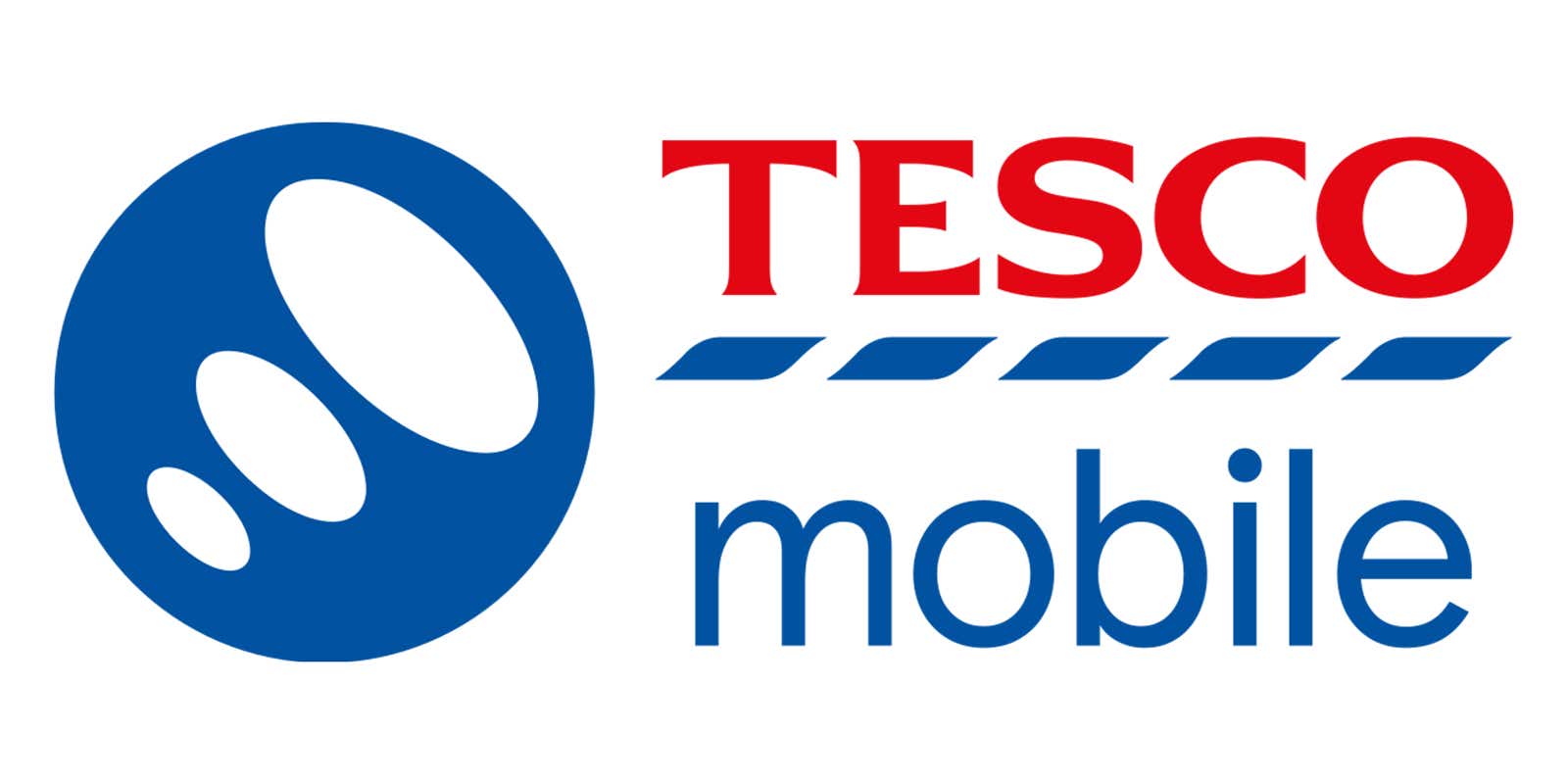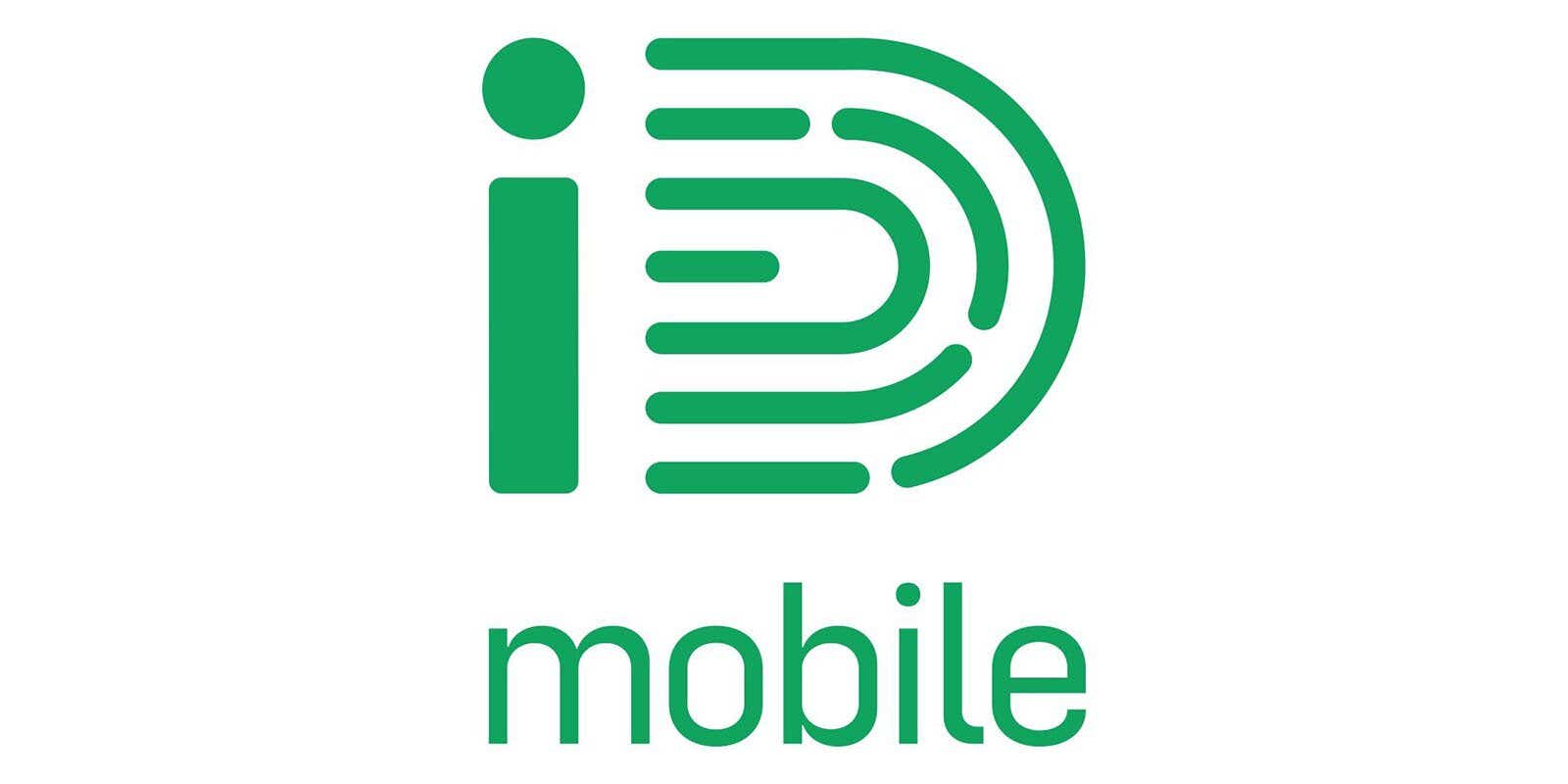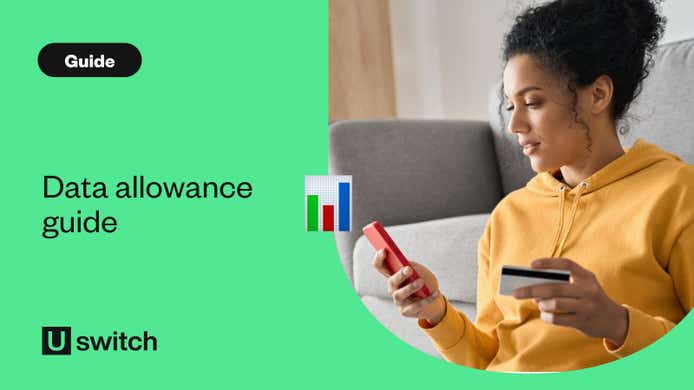How to choose the right mobile phone deal
Whether you're looking for the latest iPhone, Samsung Galaxy, Google Pixel, or any popular smartphone, we can help you choose a new pay-per-month phone contract. On Uswitch, you can compare thousands of offers and find the best package to meet your needs.
Our mobile phone deals include
Phone contracts starting from under £20
Perfect for budget-conscious users, these contracts under £20 offer great value and essential features without the high cost.
Android phone deals
Ideal for value-seekers, these Android phone deals offer top features and performance at an affordable price.
5G mobile phone deals
Great for speed-lovers, these 5G mobile deals offer faster browsing and streaming without the premium price.
Refurbished iPhones
Perfect for savvy shoppers, refurbished iPhones offer premium quality at a lower price—fully tested, cleaned, and ready to go.
No upfront cost mobile phone deals
Ideal for cost-conscious users, these no upfront cost deals let you get a new phone without paying anything today.
Latest handsets for 2025
Uswitch’s most popular mobile phone deals currently include a selection of top-tier smartphones, such as:
How can I find the best phone contract?
When picking the right plan, check how you use your phone so you don’t get tied into a contract that doesn’t suit your needs. Here are some things to consider:
- Select the correct phone model
Whether it is the AI features on the iPhone 16 or the Samsung S25, choose a model with all your favourite specs.
- Calculate your call, text and data usage
Consider how much you’ll use your phone for texting, calling, streaming, or browsing websites, and pick a package to match. Not sure how much data you need? Use our mobile data calculator to get a helpful estimate.
- Check your network coverage
Some areas don't have great mobile phone coverage, so check the coverage for your chosen provider before signing up for a pay monthly contract that could tie you in for as long as three years.
- Budget for upfront and monthly costs
You pay for the handset and allowances in monthly instalments over the length of your contract. You may have to pay something upfront to help cover the handset cost. If you can afford to pay more upfront, your monthly costs will be lower as you’ll pay less over your contract length. If not, many mobile contracts are available without upfront costs - you'll likely have to settle for higher monthly prices.
- Choose your contract length
Phone contracts usually last 12 to 36 months. A longer contract allows you to spread the cost over a longer term, so you won’t have to pay as much every month for your phone—but you'll usually pay more in the long run than shorter contracts.
Compare a range of deals on Uswitch
Uswitch makes comparing mobile prices quick and easy by offering exclusive deals and tariffs you won’t find elsewhere. Uswitch gives you access to top brands and networks like Apple, Samsung, Google, O2, Vodafone, and Tesco. You will find great offers on mobile phone contracts and information on the latest devices, helping you decide when to upgrade.
With a Trustpilot score of 4.7 from over 23,000 reviews, you can trust Uswitch to help you find the best deal. Our commitment to customer satisfaction and industry expertise ensures you’ll receive accurate, reliable advice when comparing mobile phone contracts.
Why choose Uswitch?
Every Phone, Every Stage
We offer phones at every stage of their lifecycle—from refurbished models to the latest pre-orders—so you can enjoy tech your way.
Latest and best handsets
We bring you the latest handsets as soon as they launch—and work to secure the best deals even before release.
Expertise
Our experts live and breathe mobiles, keeping up with new releases, industry changes and exclusive insights, so you always get the latest and best information.
What are the main benefits of a pay monthly phone contract?
Here are some benefits you can look forward to when you sign up for a pay-monthly phone contract (and a few potential cons to be aware of).
Pros of a pay monthly contract
- Lower upfront costs
Pay monthly packages are a great way to get the latest phones without paying a lot upfront.
- Larger allowances
You usually get larger text, call and data allowances than pay-as-you-go deals. Perfect if you’re always on the phone.
- Convenience
There’s no need to fuss with top-ups. You can set up your Direct Debit, and your payments will automatically come from your account.
- Freebies
Your pay-monthly plan may include a reward or gift, such as a subscription to a streaming service. However, consider whether this is a good value before signing up.
Cons of a pay monthly contract
- Locked in for longer
Pay monthly contracts typically last 12, 24, or 36 months, so you’re making a long-term financial commitment.
- Credit checks
Most networks require you to pass a credit check before you can sign up for a pay-per-month contract.
- Pay more in the long run
Since you’re not covering the phone's total cost upfront, you’ll usually pay a little more than if you bought the device outright.
How to get a cheap mobile phone deal
If you’re on the hunt for a budget-friendly mobile phone deal, there are several options to consider:
- Explore mid-range and budget devicesng
Flagship models often steal the spotlight, but mid-range and budget devices can offer excellent value without breaking the bank. Consider popular options like:
- Samsung Galaxy A-series
- Google Pixel A-series
- Alternative brands like Oppo or OnePlus
- Look into refurbished phones
Refurbished phones are a fantastic cost-saving alternative to buying new ones. These devices are pre-owned but have been professionally inspected, tested, and restored to good working condition.
- Consider older models
When new versions of last year’s flagship models are released, they often have significant price drops. These phones typically still offer excellent performance and features while being far more affordable, such as the iPhone 15, Samsung Galaxy S23, and Google Pixel 8.
- Compare a range of deals
Once you have found a device you are happy with, take advantage of our deals table with filters such as ‘Total Cost’ to ensure you are getting the best and cheapest price.
Can I keep my old phone number?
If you are switching to a new mobile phone plan and want to keep your current number, you can port over your number with a few simple steps. All you need is your PAC code. Here's how to get it:
- Text 'PAC' to 65075, and you'll get a message back with your PAC code
- Give your new network your PAC code when you sign up for a new deal
- You’ll get a message confirming your transfer, which tends to take a few days to complete
- You'll now be able to use the same number on your new plan
Compare deals by brand
Each brand offers something unique. For example, Apple phones are renowned for their design and ease of use, whereas Samsung always performs strongly in the camera department.
Apple
Apple's iPhone is a powerhouse smartphone, selling 8.4 million in the UK in 2023 alone. With its recognisable and popular design and integration into the Apple ecosystem, it is easy to see why.
On Uswitch, you can compare deals for all of Apple’s top-selling iPhones, including the 16, 15, and 14 series.
Samsung
Samsung is renowned for its high-quality AMOLED displays, powerful Galaxy AI features and advanced camera systems, which feature multiple lenses, high megapixel counts, and innovative shooting modes.
For example, the Samsung Galaxy S25 Ultra has an eye-catching 200-megapixel camera, which significantly outperforms the iPhone 16’s 48MP camera.
Google Pixel phones run on Android software, which is clean and straightforward to use and updates directly from Google.
Its most recent release, the Pixel 9 series, was packed with AI features such as a virtual assistant ‘Google Gemini’. On Uswitch, you can compare deals for a range of Google Pixel phones, including the 8, 8a and 7.
Compare deals by network
We make finding a new mobile phone pay monthly deal easy by putting offers from all the major networks, including O2, Vodafone, Sky, Three, iD Mobile, Tesco Mobile and Talkmobile on easy-to-compare deals tables.
Uswitch Mobile Awards 2025 winners
Curious about which mobile provider goes above and beyond for its customers?
Every year, the Uswitch Telecoms Awards celebrate top-performing networks, honouring those that excel in customer support, coverage, roaming, and more.
These prestigious awards are based on in-depth consumer research and expert evaluations from a panel of tech journalists and industry specialists, making them a true mark of excellence.
Check out the 2025 winners to see which networks stood out across various categories.
| Award | Winner | Decided by |
|---|---|---|
| Mobile Network of the Year | giffgaff | Public Choice |
| Best SIM Only Mobile Network | VOXI | Public Choice |
| Best Mobile Network for Customer Service | Tesco Mobile | Public Choice |
| Best Mobile Network for Data | SMARTY | Public Choice |
| Best Mobile Network for Roaming | O2 | Judges' Choice |
| Best Value for Money Mobile Provider | VOXI | Public Choice |
| Best Mobile Network for Perks | Sky Mobile | Public Choice |
| Most Popular Mobile Network | Lebara | Public Choice + Sales Data |
| Best Mobile Network Coverage | O2 | Powered by Opensignal |
| Fastest Mobile Network Overall | EE | Powered by Opensignal |
| Best Mobile Handset Contract Network | Tesco Mobile | Public Choice |
| Best Mobiles Reseller | Mobiles.co.uk | Judges' Choice |
“Find out when your current mobile contract is coming to an end, then plan ahead and shop around. Those upgrade offers on shiny new handsets can be incredibly tempting, but there’s often great value elsewhere.
“Switching from an ending 24-month handset contract to a SIM only contract (and keeping your existing handset) could save you £351 per year, while switching to a new handset contract with a top smartphone could save you £84 per year.
“Even if you’re happy with your current provider, it’s still worth knowing what else is out there. To avoid overpaying - the key is to take action.”
FAQs
What’s the difference between a contract plan and a SIM only deal?
A SIM only deal gives you data, call and text packages without purchasing a handset, making it ideal if you have a phone you're content with. These plans are significantly cheaper than monthly contracts.
Unlike contracts, SIM only plans don't require a long-term commitment, and they often allow changes or cancellations after 30 days. The lack of a lengthy commitment also means simplified credit checks, making it an efficient and fuss-free option.
For more information, check out our ‘What is a SIM only deal and is it better than a pay monthly?’ guide.
Do I have to pass a credit check for a monthly phone contract?
Obtaining a new phone contract might not appear as significant as a mortgage or credit card, but it still involves a credit check. Some providers conduct these checks to ensure your ability to meet payment obligations.
Can I get a phone contract with poor or no credit?
Yes. Networks like Smarty and Voxi frequently offer SIM only deals or pay-as-you-go plans, catering to individuals with poor credit.
On the other hand, networks like TalkMobile conduct a 'soft search' on your credit file to confirm your identity without performing a full credit check. For more information, check out our guide on how to get a mobile phone deal with poor credit history.
Do I have to pay an upfront cost for a contract phone?
The upfront cost for a phone contract varies based on the device you opt for. High-end brands often require an upfront payment of at least £50 in addition to the monthly contract payment.
If the initial payment is a concern, alternatives, including contracts with no upfront fees, are available on selected phones.
Do I own my phone after the contract?
If you have a contract phone and the contract ends, you've fully paid for the handset and now own it. If you’re happy to keep your handset, you can reduce your monthly bills by opting for a SIM only or pay-as-you-go deal.
What happens if my phone breaks on contract?
Pay monthly customers typically benefit from a standard warranty for their phones. If your phone experiences malfunctions, verify if it's covered under warranty. If not, most networks provide repair services at a potentially high cost.
For handset faults, consider contacting the manufacturers directly. Apple, renowned for its exceptional customer service, allows appointments at local Apple Stores. Regarding water damage, refer to our guide on how to fix a water-damaged phone.
How can I check when my phone contract ends?
Text INFO to 85075 to find out the information about your contract.
If you’re not sure whether you’re still in contract with your provider and if you would have to pay charges to end your contract early, you can find this out without requesting a switching code.

